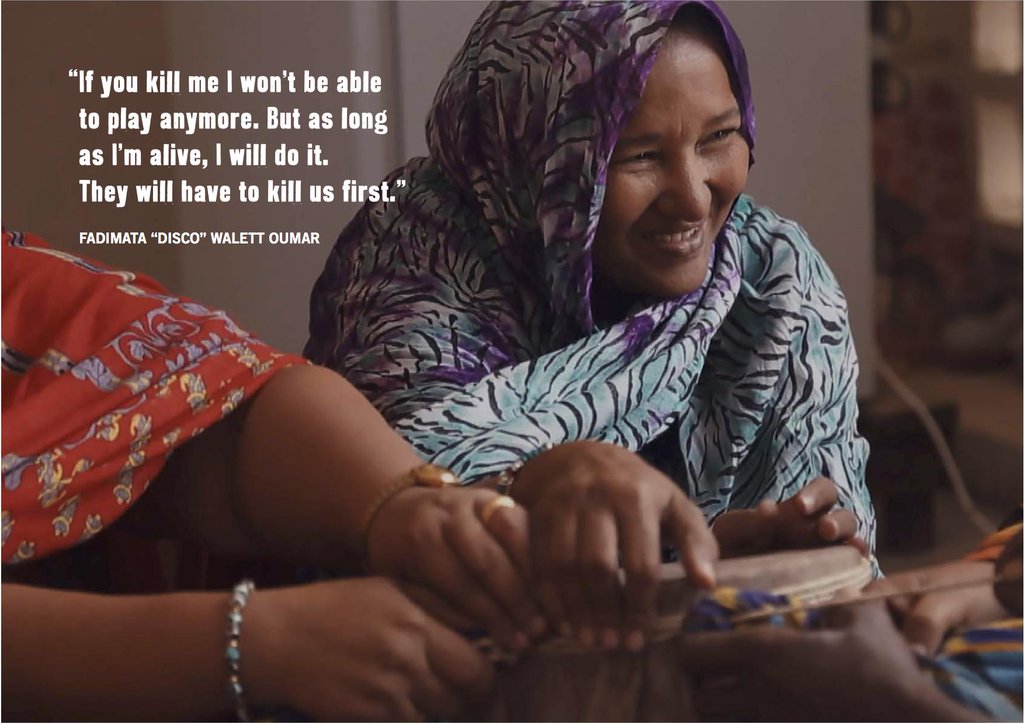As the annual Index on Censorship Freedom of Expression Awards gala approaches, we’ve highlighted five of those who have won or been nominated for free expression awards, including the Freemuse Awards. From a Moroccan rapper to an Iranian folk singer, these artists refuse to be censored and continue to fight to have their voices heard.
El Haqed, Morocco
Winner of the 2015 Index on Censorship Freedom of Expression Award for arts
Mouad Belghouat, aka El Haqed, faced repression from the Moroccan government, including multiple arrests since the Arab Spring. His music focuses on poverty, oppression and political corruption in his country. He is currently living in Belgium, where he continues to write music.
Mayam Mahmoud, Egypt
Winner of the 2014 Index on Censorship Freedom of Expression Award for arts
Mayam Mahmoud, one of Egypt’s first and bravest female hip-hop artists, uses music to address some of the grievances in her country, from a lack of women’s rights to sexual harassment. After competing on the TV show Arabs Got Talent, she used her prominence to speak out against the misogyny she has witnessed and experienced.
Ferhat Tunç, Turkey
2010 Freemuse Award winner
Despite years of attempted censorship by the Turkish government, Ferhat Tunç has continued to release music and promote human rights in his homeland. He has released more than 20 albums, undeterred by numerous court summons and a prison sentence.
Songhoy Blues, Mali
Nominees for the 2015 Index on Censorship Freedom of Expression Award for arts
A group of musicians that fled northern Mali after the occupation by militant Islamist groups in spring 2012, Songhoy Blues are a rowdy blend of blues and rock. After Islamists banned music in their region, they went into exile and have since gone on to tour with Julian Casablancas and Damon Albarn. The band released their debut album, Music in Exile, in February 2015.
Pussy Riot, Russia
Nominees for the 2013 Index on Censorship Freedom of Expression Award for arts
In February 2012, members of the feminist punk band Pussy Riot staged a brief demonstration through music at Moscow’s Christ the Saviour Cathedral, condemning the Russian Orthodox Church’s close ties to Vladimir Putin. In August of that year, three members were sentenced to two years in jail for hooliganism motivated by religious hatred. The verdict was a bitter blow for freedom of expression in Russia, which continues to be under attack today.
Index on Censorship has teamed up with the producers of an award-winning documentary about Mali’s musicians, They Will Have To Kill Us First, to create the Music in Exile Fund to support musicians facing censorship globally. You can donate here, or give £10 by texting “BAND61 £10” to 70070.





